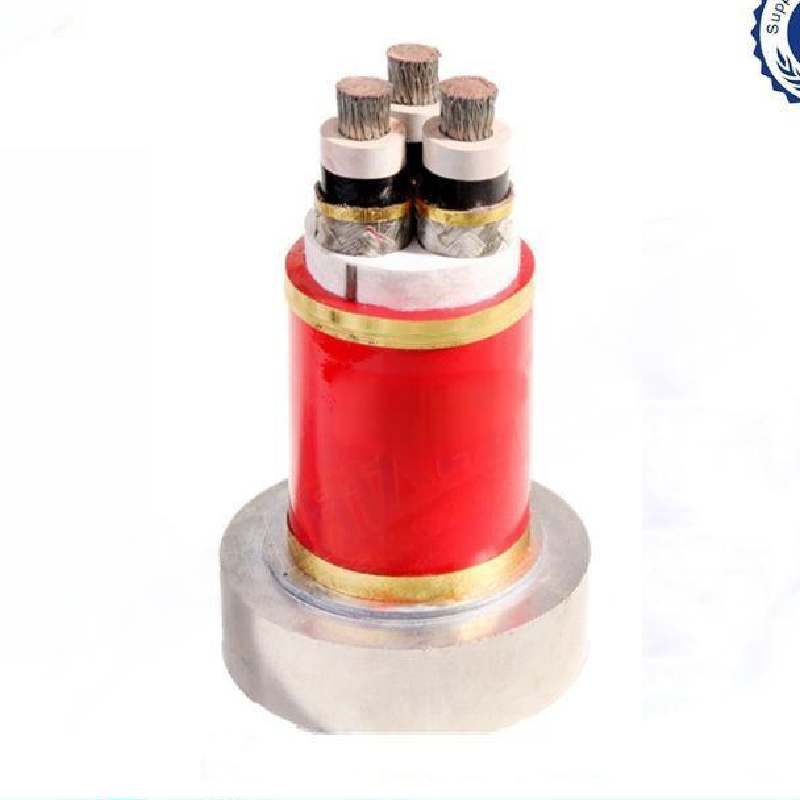Dec . 25, 2024 23:09 Back to list
ductile iron ball valve
Understanding Ductile Iron Ball Valves Applications, Benefits, and Selection Criteria
Ductile iron ball valves are essential components in fluid and gas control systems across various industries. Their robustness and reliable performance make them suitable for numerous applications, including irrigation, water supply, oil and gas distribution, and chemical processing. This article delves into the properties, benefits, applications, and critical considerations when selecting ductile iron ball valves for specific needs.
What is Ductile Iron?
Ductile iron, also known as ductile cast iron or spheroidal graphite iron, is a type of iron alloy that exhibits remarkable strength and flexibility. By adding small amounts of elements like magnesium during the casting process, the microstructure of the iron is altered, transforming the graphite phase into a spheroidal form. This modification results in enhanced ductility and toughness compared to standard cast iron.
Advantages of Ductile Iron Ball Valves
1. High Strength and Durability Ductile iron ball valves can withstand high pressures and harsh conditions, making them suitable for critical applications. Their strength allows them to endure external stresses without deforming, which is particularly important in industrial settings.
2. Corrosion Resistance While ductile iron itself is susceptible to corrosion, many ball valves are designed with protective coatings or are made with corrosion-resistant materials. This ensures a longer service life and reduces the frequency of repairs or replacements.
3. Tight Sealing Capabilities These valves offer tight shut-off capabilities due to the design of the ball and seat assembly. When closed, the ball creates a complete seal, minimizing leakage and ensuring that the flow control is consistent and reliable.
4. Ease of Operation Ductile iron ball valves are easy to operate, often requiring just a quarter turn to go from fully open to fully closed. This quick action allows for rapid flow control, which can be crucial in emergency situations.
5. Versatility Ductile iron ball valves are available in various sizes, styles, and pressure ratings, making them suitable for a wide range of applications including water supply, wastewater treatment, industrial processes, and fire protection systems.
Applications of Ductile Iron Ball Valves
1. Water Treatment Plants In municipal water systems, ductile iron ball valves are used for controlling the flow of water and managing processes such as filtration and disinfection.
ductile iron ball valve

3. Chemical Processing The chemical industry requires robust valves that can handle corrosive substances. Ductile iron ball valves, often lined with specialized materials, meet these requirements effectively.
4. Irrigation Systems In agriculture, ductile iron ball valves facilitate efficient water distribution for irrigation, ensuring crops receive adequate water supply.
5. Fire Protection Systems These valves are also used in fire suppression systems where quick flow control can be critical in managing water or foam applications during fire emergencies.
Selecting the Right Ductile Iron Ball Valve
When choosing a ductile iron ball valve, several factors should be considered
1. Pressure Rating Ensure that the valve selected can handle the specific pressure requirements of the application. Look for valves rated for the maximum pressure expected within the system.
2. Temperature Tolerance Different applications may require valves that can withstand varying temperatures. It’s crucial to select a valve that meets the thermal constraints of the operating environment.
3. End Connections Ductile iron ball valves come with different end connection types, such as flanged, threaded, or welded. Choose the appropriate connection based on the design of the piping system.
4. Coating and Material Compatibility If the application involves corrosive fluids, consider valves that are epoxy-coated or made from corrosion-resistant materials to extend their lifespan.
5. Standards and Certifications Verify that the valves meet industry standards and certifications to ensure they comply with safety and quality regulations specific to your sector.
Conclusion
Ductile iron ball valves are a vital component in many industrial and municipal applications due to their strength, durability, and efficient flow control capabilities. An understanding of their properties, benefits, and appropriate selection criteria can significantly enhance operational efficiency and safety within various systems. As industries continue to evolve, the importance of reliable fluid management solutions, such as ductile iron ball valves, remains paramount. Investing in high-quality valves not only ensures compliance with industry standards but also contributes to the longevity and reliability of fluid control systems.
Share
-
Reliable Wafer Type Butterfly Valves for Every IndustryNewsJul.25,2025
-
Reliable Flow Control Begins with the Right Ball Check ValveNewsJul.25,2025
-
Precision Flow Control Starts with Quality ValvesNewsJul.25,2025
-
Industrial Flow Control ReliabilityNewsJul.25,2025
-
Engineered for Efficiency Gate Valves That Power Industrial PerformanceNewsJul.25,2025
-
Empowering Infrastructure Through Quality ManufacturingNewsJul.25,2025


